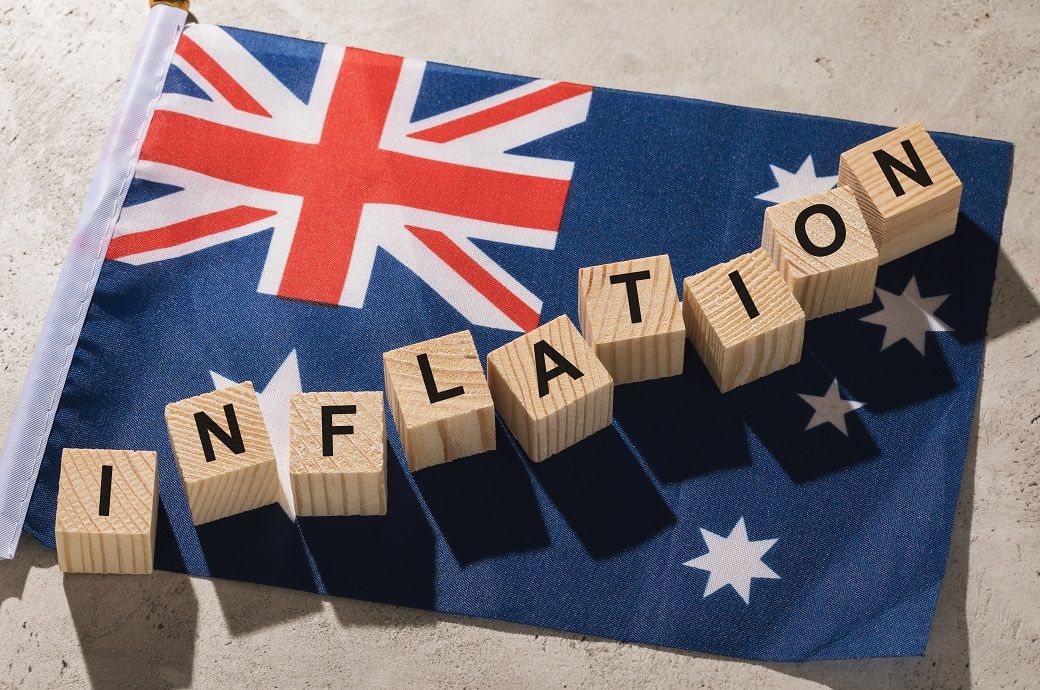
The Commonwealth Energy Bill Relief Fund (EBRF) rebates were extended to December 2025, but delays in payments to New South Wales and the Australian Capital Territory led to temporary increases in out-of-pocket costs, ABS said in a press release.
Michelle Marquardt, ABS head of prices statistics, said: “The CPI rose 1.3 per cent in the September 2025 quarter, which is the highest quarterly rise since March 2023. The largest contributor to this quarterly movement was electricity costs, which rose by 9 per cent.”
“This is the highest annual inflation rate since the June 2024 quarter when annual inflation was 3.8 per cent. Trimmed mean annual inflation was 3 per cent to the September quarter, up from 2.7 per cent to the June quarter. This is the first time trimmed mean annual inflation has increased since December 2022,” added Marquardt.
Recreation and culture rose 1.9 per cent, driven by a 2.9 per cent rise in holiday travel and accommodation due to school holidays and peak European travel season. Transport costs increased 1.2 per cent, led by a 2 per cent rise in automotive fuel prices.
Annually, electricity prices soared 23.6 per cent, making it the key driver of inflation. The ABS noted that higher out-of-pocket electricity costs in Queensland, Western Australia, and Tasmania were linked to the expiry of earlier State Government rebates.
Excluding rebates, electricity prices rose 5.9 per cent over the year. Annual goods inflation climbed to 3 per cent, largely due to higher electricity prices, while automotive fuel prices fell at a slower pace.
The monthly CPI indicator rose 3.5 per cent in the 12 months to September, up from 3 per cent in August, added the release.
ALCHEMPro News Desk (SG)
Receive daily prices and market insights straight to your inbox. Subscribe to AlchemPro Weekly!